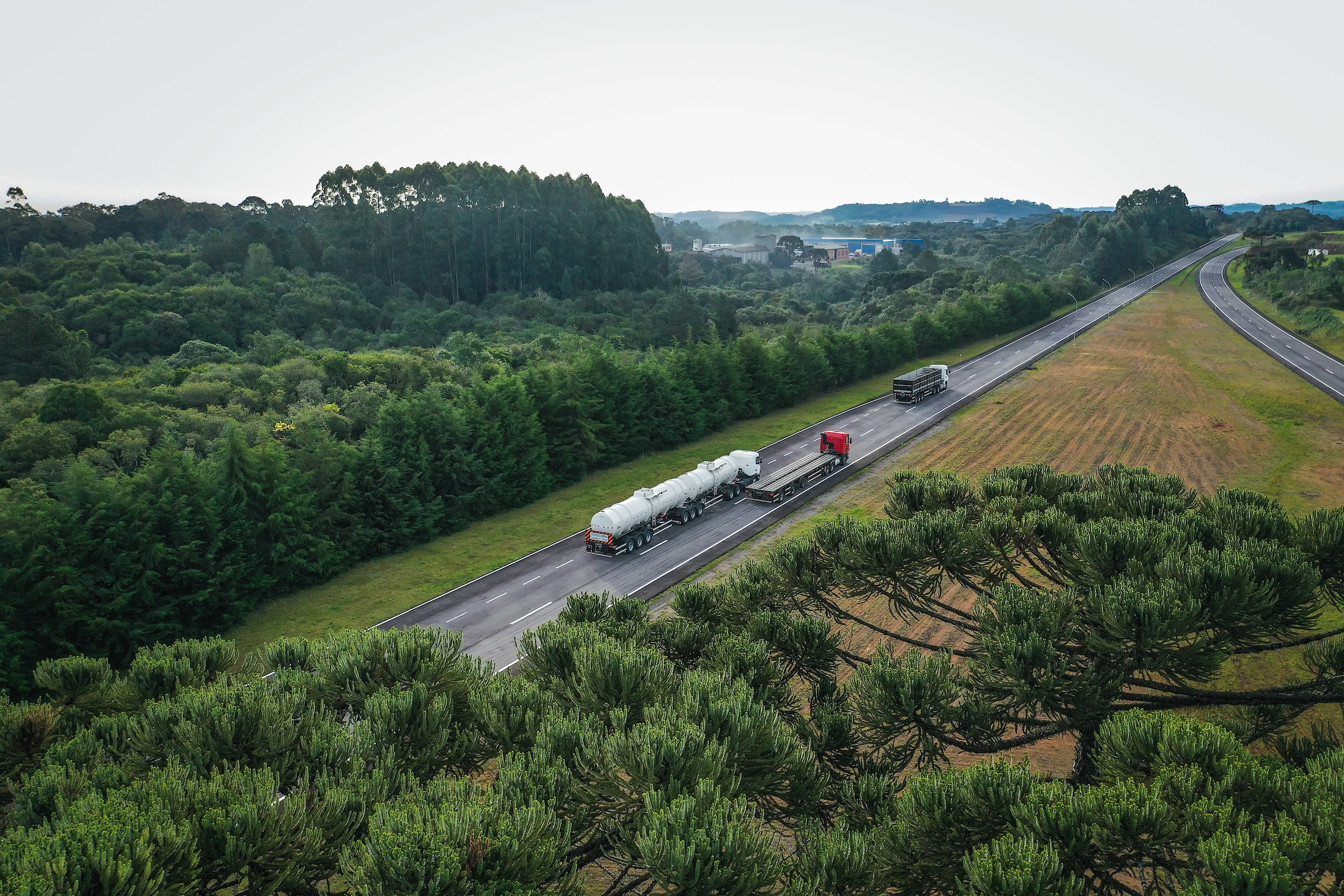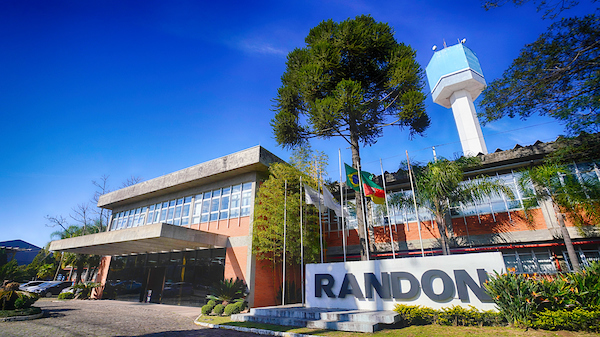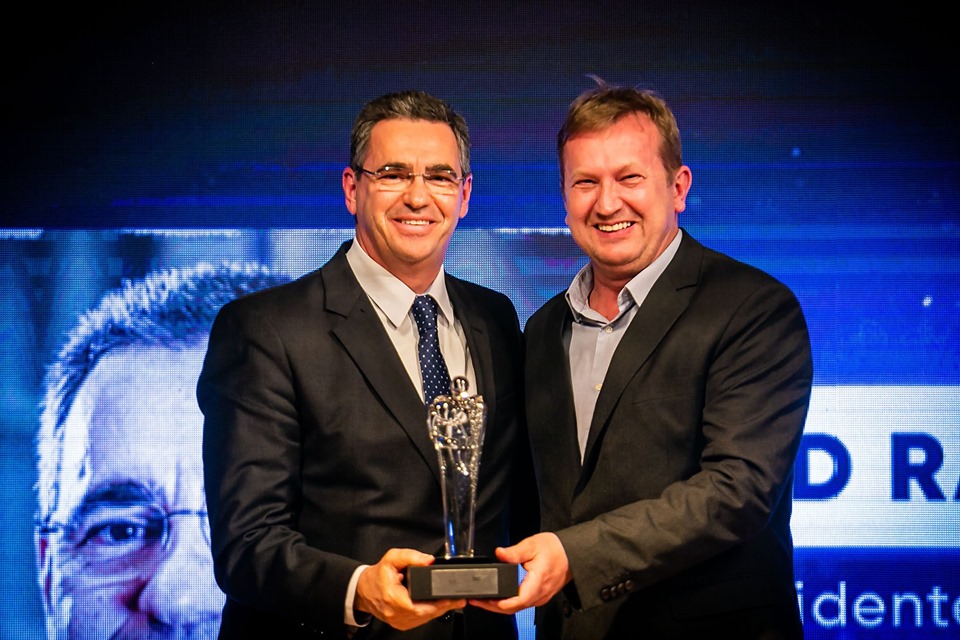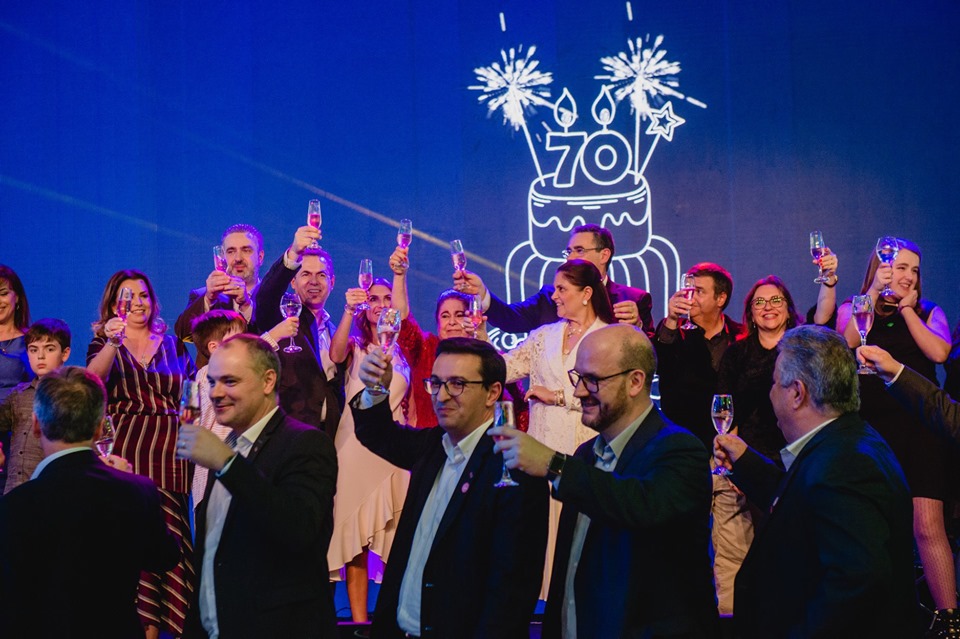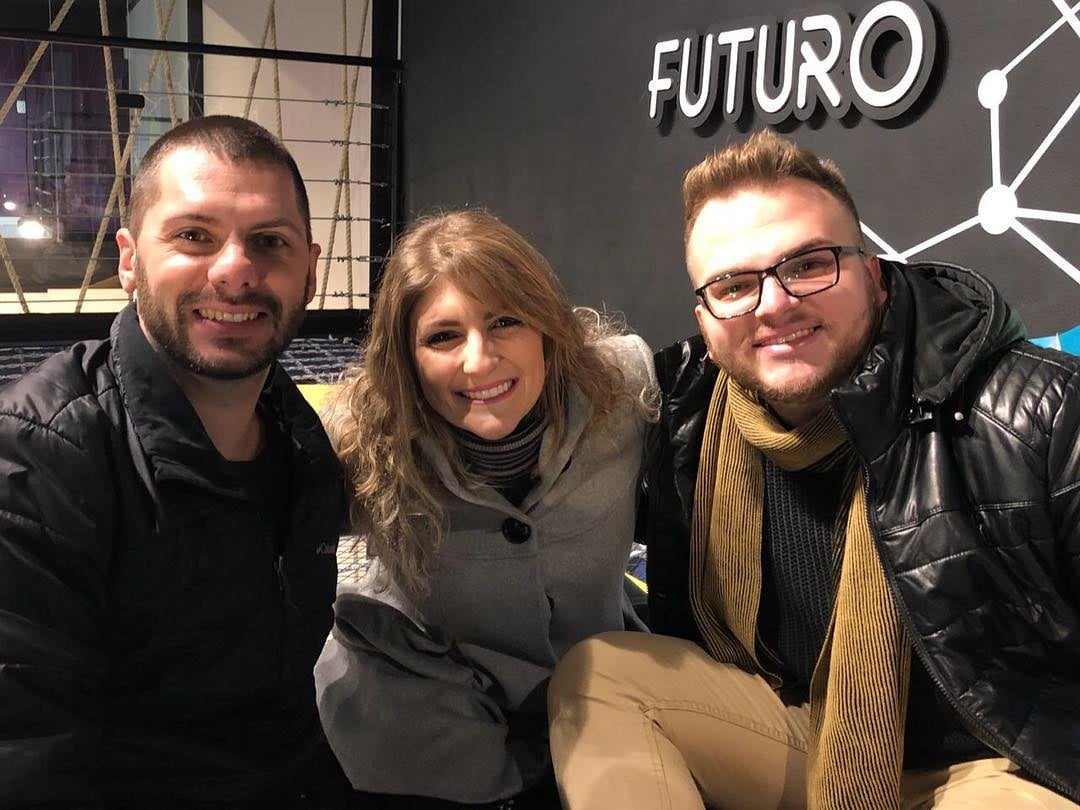Randon Companies finished the first semester of 2020 reaching a net revenue of BRL 2.1 billion, an important performance for the company's business during the challenges of the Covid-19 pandemic scenario. In the first six months of the year, the company achieved consolidated EBITDA of BRL 261 million, with an EBITDA margin of 12.4%.
Regarding the results for the second quarter of 2020, Randon Companies recorded a consolidated net revenue of BRL 933 million, a reduction of 28% compared to the same period in 2019, and consolidated EBITDA of BRL 154 million, 24% lower than the second quarter of the previous year. The figures reflect the difficulties faced by the automotive sector, which, since 1957, did not register a month with production as low as in April 2020. According to data from the National Association of Automobile Manufacturers (Anfavea), the production of automobiles, light commercial vehicles, trucks and buses fell between 85% and 99% compared to April 2019.
According to Randon Companies’ CFO, Paulo Prignolato, April was the most affected period, mainly due to the complete shutdown of some sectors. In this context, the organization made important moves to preserve and strengthen its cash, actions that brought results to improve the company's business. "Although the figures for the second quarter of 2020 were less than planned for the year, they were better than expected at the beginning of the pandemic", says Prignolato.
The company's favorable performance was driven by the resumption of some segments, which began in May. Agribusiness was the main one, benefiting from the record harvest, the increased demand for grains abroad and the favorable exchange rate. In addition to that, exposure to the aftermarket and sales abroad were also critical for the Auto Parts Division, at a time when truck manufacturers reduced demand considerably. To finish things up, Randon Companies have the positive contribution of a diversified business model, which covers different economic sectors, geographies and a broad product portfolio, factors that bring resilience to businesses in adverse market moments.
According to Randon Companies’ CEO, Daniel Randon, in the second quarter, the company reinforced its safety protocols to protect the health of employees and their families and emphasized actions to ensure the continuity of operations. “Now, more than ever, due to the scenario we are experiencing, we have made it a priority to take care of people and society. We understand that at the moment, everyone has to do their part, and for this, the company contributed with actions and donations to the communities. For the next few months, we will continue with the same focus, going to great lengths to ensure the safety of the teams and the sustainability of the local and global economy”, highlights Randon.
In addition, collaborative action and solidarity in favor of the community were two points that became even more evident within the company. Through partnerships with entities, universities, government and private initiatives, the company donated items needed for the period we are facing, such as high quality respirators, masks and goggles, alcohol gel, parts for the manufacture of ventilators, rapid tests and food.
New markets.
Throughout the first semester, the company made important moves to expand its business. In addition to bringing Castertech and Fras-le closer to new customers abroad, Suspensys also entered into a partnership with Volkswagen Caminhões e Ônibus (VWCO), joining the Modular Consortium maintained by the automaker. The operation will take place inside VWCO's industrial complex in Resende, Rio de Janeiro, where Suspensys will be responsible for pre-assembling air suspensions for Volkswagen's trucks and buses.
Investments
In the second quarter of 2020, BRL 29 million were invested, with an emphasis on the modernization project for the printing of Randon Implementos and the expansion of capacity of the indirect subsidiary Fremax. In the semester, organic investments totaled approximately BRL 59 million, and were made mainly for maintenance and productivity gains.


